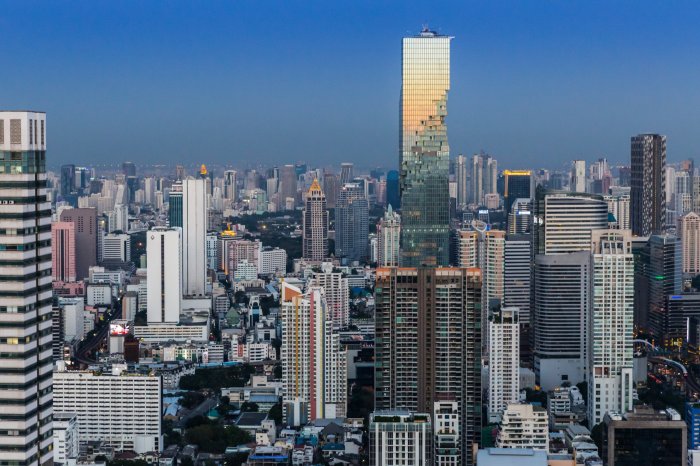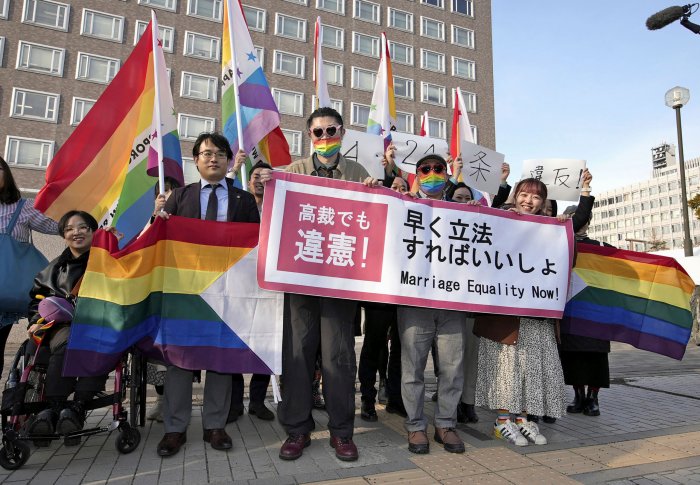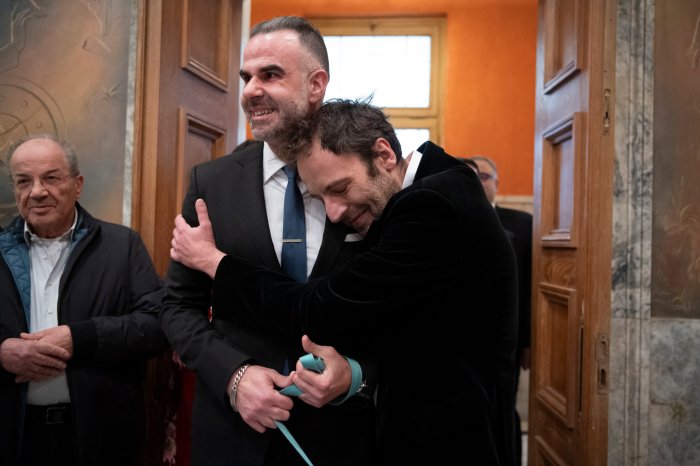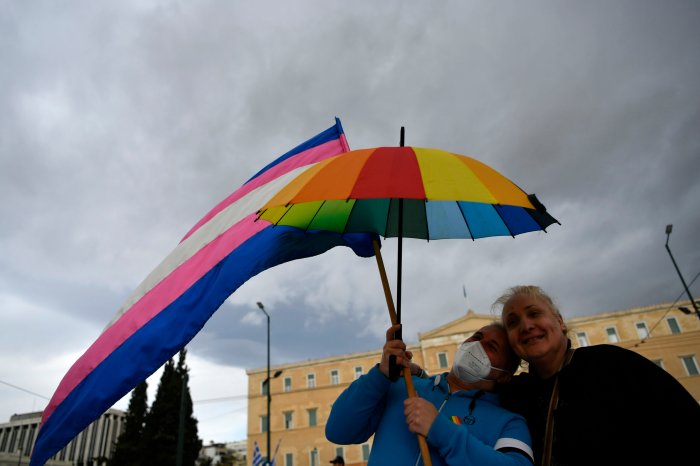Nikolai Alexeyev prevails in Court of Human Rights in case Russia tried to block
A unanimous eight-member chamber of the European Court of Human Rights ruled on October 21 that the Russian government violated the European Convention on Human Rights when the Moscow city government denied permission for gay rights gatherings four years in a row.
The court ruled on three claims –– based on freedom of assembly and association, protection from discrimination, and the right to “effective remedy” from human rights violations –– filed by Nikolai Alexeyev, the Moscow-based leader of the Russian gay rights group.
As Doug Ireland reported in Gay City News, in late September, Alexeyev was kidnapped by Russian government agents who, for three days, tried unsuccessfully to force him to withdraw the cases. Shortly after Alexeyev’s release, Russian President Dmitri Medvedev removed Moscow’s harshly anti-gay mayor, Yuri Luzhkov, from office; his replacement’s views on gay rights parades have yet to be tested.
The court’s opinion detailed the chronology of efforts by Alexeyev’s organization to stage demonstrations in May 2006, January 2007, February 2008, and March 2009. In each case, the city refused permits. In 2006, a Luzhkov spokesperson said the mayor “has firmly declared: the government of the capital city will not allow a gay parade to be held in any form.” News reports quoted the mayor saying he considered homosexuality “unnatural” and did not want “to stir up society, which is ill-disposed to such occurrences of life.” Luzhkov cited opposition from religious authorities, and local courts repeatedly rejected attempts by the organizers to have the mayor’s actions overruled.
Defending its actions before the European court, the Russian government argued that the denial of permits was justified on public safety and public morality grounds. As Ireland has reported, however, the government itself used considerable violence in crushing Alexeyev’s efforts to stage parades in the absence of permits; in 2007, police worked in collusion with anti-gay neo-fascists in a crackdown that caused severe injuries among some gay participants.
Article 11 of the European Convention protects peaceful assembly and free association, allowing for limited restrictions only on grounds of national security, public safety, the protection of morals, or the competing rights of others. Citing religious objections to a gay rights parade, including a Muslim religious leader’s statement that “homosexuals must be stoned to death,” the Russians argued, “The public was not yet ready to accept the holding of gay parades in the city, unlike in Western countries, where such celebrations were regular occurrences.”
Alexeyev responded by pointing out the peaceful nature of the gatherings planned and the lack of authority in Russian law to ban them. He argued that the government’s emphasis on protecting public morals ran counter to the protection of diversity and pluralism required by Russian law. The parades would not involve any sexually explicit or provocative behavior or public nudity, he stated.
Citing a 2007 ruling against a Polish ban on gay pride parades in Warsaw, the court found “no doubt that there has been an interference with the exercise of the applicant’s freedom of peaceful assembly” in the Moscow case. “Although individual interests must on occasion be subordinated to those of a group, democracy does not simply mean that the views of the majority must always prevail,” the court wrote, quoting from its 2007 ruling.
Regarding the Russian government’s public safety argument, the court ruled that Moscow gays “must be able to hold the demonstration without having to fear that they will be subjected to physical violence by their opponents… The Court cannot accept the Government’s assertion that the threat was so great as to require such a drastic measure as banning the event altogether, let alone doing so repeatedly over a period of three years.” In light of Luzhkov’s demonstrated hostility to the gay community, the court found “if security risks played any role in the authorities’ decision to impose the ban, they were in any event secondary to considerations of public morals.”
Responding to the government’s argument that “such events should be banned as a matter of principle, because propaganda promoting homosexuality was incompatible with religious doctrines and the moral values of the majority, and could be harmful if seen by children or vulnerable adults,” the court wrote, “It would be incompatible with the underlying values of the Convention if the exercise of Convention rights by a minority group were made conditional on its being accepted by the majority. Were this so, a minority group’s right to freedom of religion, expression and assembly would become merely theoretical rather than practical and effective.”
The court rejected the Russians’ argument that they should be accorded a wide “margin of appreciation” for views on homosexuality specific to their culture. “There is no ambiguity about the other member States’ recognition of the right of individuals to openly identify themselves as gay, lesbian or any other sexual minority, and to promote their rights and freedoms.”
Regarding the requirement that the Russian government provide an “effective remedy” for Alexeyev’s human rights grievances under Article 13 of the European Convention, the court found that city officials and local courts used procedures designed to effectively deny gay rights advocates any meaningful redress.
Finally, the court dismissed the government’s claim that the denial of parade permits created no grounds for a discrimination claim under Article 14, finding that differential treatment on the basis of sexual orientation is subject to very careful scrutiny under the European Convention. “The main reason for the ban imposed on the events organized by the applicant was the authorities’ disapproval of demonstrations which they considered to promote homosexuality,” the court concluded. “In particular, the Court cannot disregard the strong personal opinions publicly expressed by the mayor of Moscow and the undeniable link between these statements and the ban.”
The court awarded Alexeyev damages equivalent to about $16,000, as well as court costs and expenses of about $24,000.


































